Climate change is making it too hot to sleep

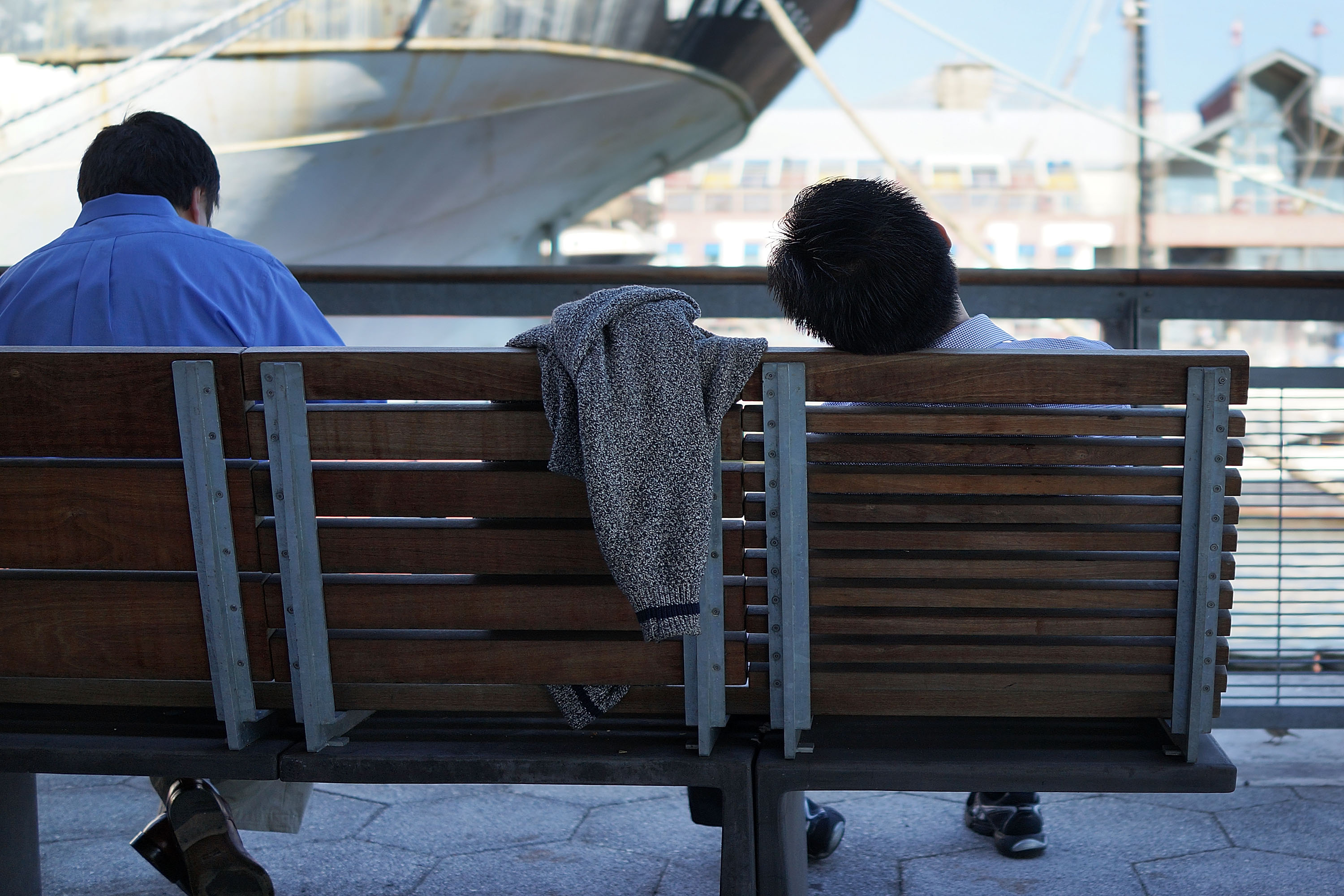
We've all been there — tossing and turning in sweat-soaked sheets, fan on full blast, wishing we could just fall asleep. A nearly decade-long study of 765,000 Americans, published Friday, found that as the world warms as a result of climate change, we are likely to get worse and worse night sleeps due to the difficulty of slumbering when it's hot out. "Elderly people, and people making less than $50,000 per year, seem especially affected by the trend," The Atlantic writes.
Basically, for thousands and thousands of years hot days would cool into comfortable nights as the sun's heat radiated back out into space in the evening. But now greenhouse gases reflect that heat back at the Earth, even at night, keeping us toasty if we don't have the a/c on full blast. "We know from a broad literature in the laboratory context that our sleep is regulated pretty heavily by our body temperature — and especially by our core body temperature," said Nick Obradovich, one of the study's authors.
Obradovich added that while the study focused on the U.S., it could be even harder for people in other parts of the world to power through the hot nights. "In Ghana, it's really hot and really humid, and there are no other options. You just suffer through the heat," he said.
The Week
Escape your echo chamber. Get the facts behind the news, plus analysis from multiple perspectives.

Sign up for The Week's Free Newsletters
From our morning news briefing to a weekly Good News Newsletter, get the best of The Week delivered directly to your inbox.
From our morning news briefing to a weekly Good News Newsletter, get the best of The Week delivered directly to your inbox.
Getting adequate sleep, of course, is important for good health. Deprivation has been linked to conditions like high blood pressure, heart disease, and obesity, as well as shorter-term consequences like problems with mood and memory. Obradovich noted that older people tend to have higher mortality rates during heat waves, too, and part of the reason could be all the tossing and turning cutting into their sleep.
Read more about Obradovich's research at The Atlantic.
A free daily email with the biggest news stories of the day – and the best features from TheWeek.com
Jeva Lange was the executive editor at TheWeek.com. She formerly served as The Week's deputy editor and culture critic. She is also a contributor to Screen Slate, and her writing has appeared in The New York Daily News, The Awl, Vice, and Gothamist, among other publications. Jeva lives in New York City. Follow her on Twitter.
-
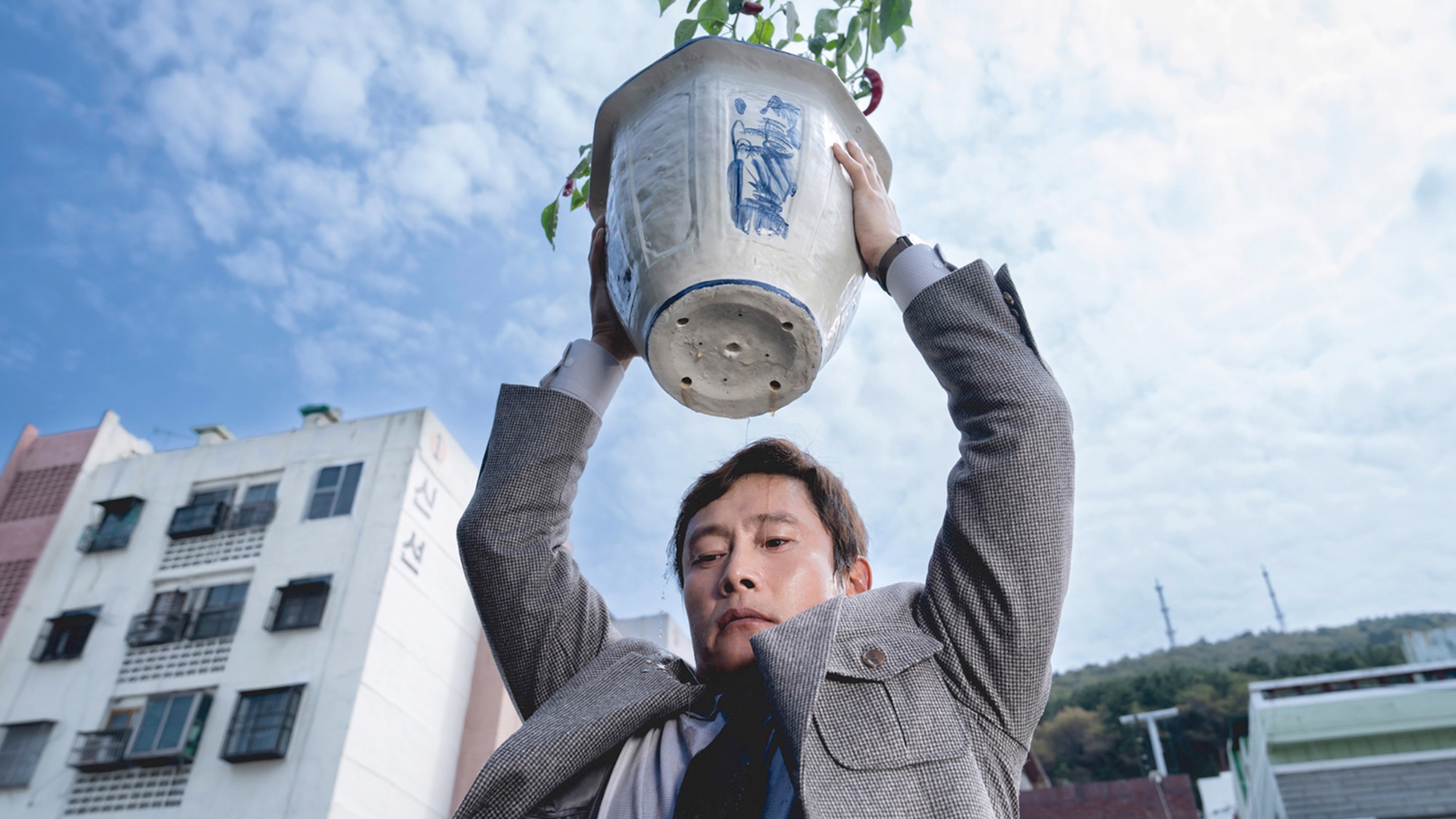 ‘No Other Choice,’ ‘Dead Man’s Wire,’ and ‘Father Mother Sister Brother’
‘No Other Choice,’ ‘Dead Man’s Wire,’ and ‘Father Mother Sister Brother’Feature A victim of downsizing turns murderous, an angry Indiana man takes a lender hostage, and a portrait of family by way of three awkward gatherings
-
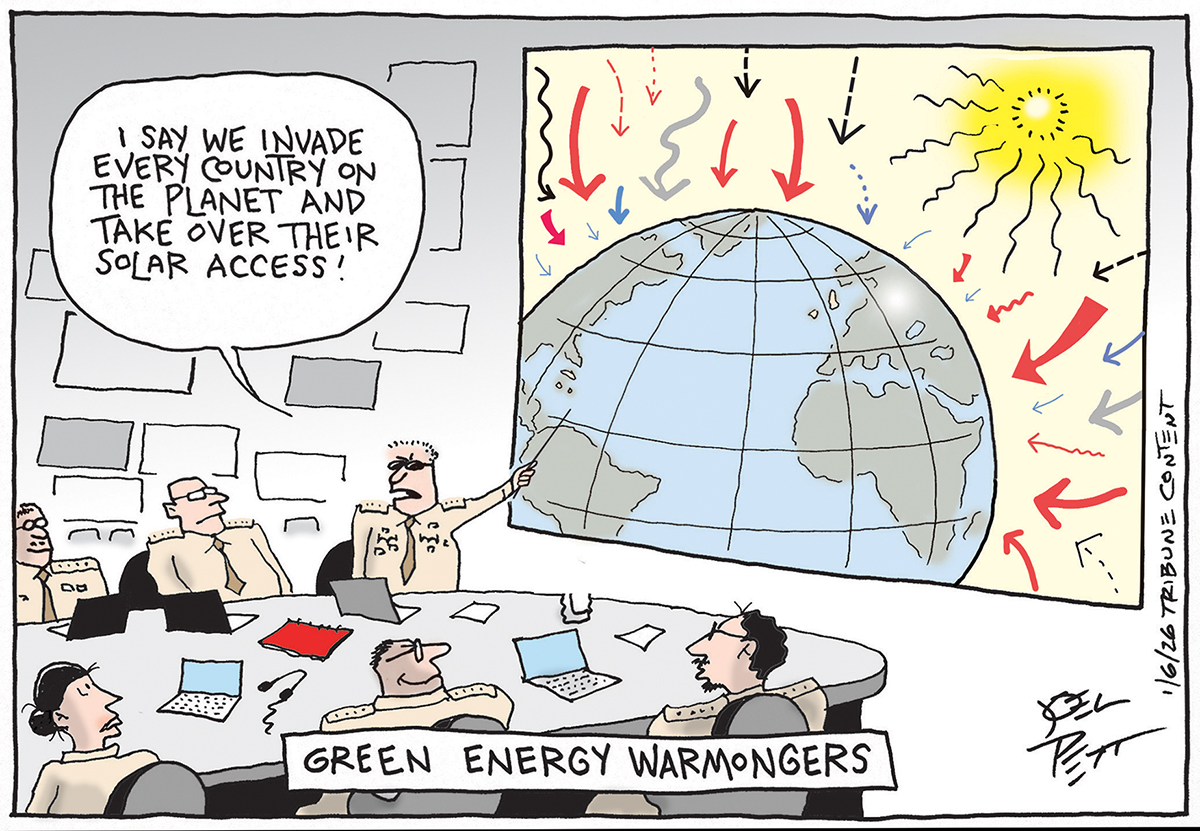 Political cartoons for January 11
Political cartoons for January 11Cartoons Sunday’s political cartoons include green energy, a simple plan, and more
-
 The launch of the world’s first weight-loss pill
The launch of the world’s first weight-loss pillSpeed Read Novo Nordisk and Eli Lilly have been racing to release the first GLP-1 pill
-
 Death toll from Southeast Asia storms tops 1,000
Death toll from Southeast Asia storms tops 1,000speed read Catastrophic floods and landslides have struck Sri Lanka, Indonesia, Thailand and Malaysia
-
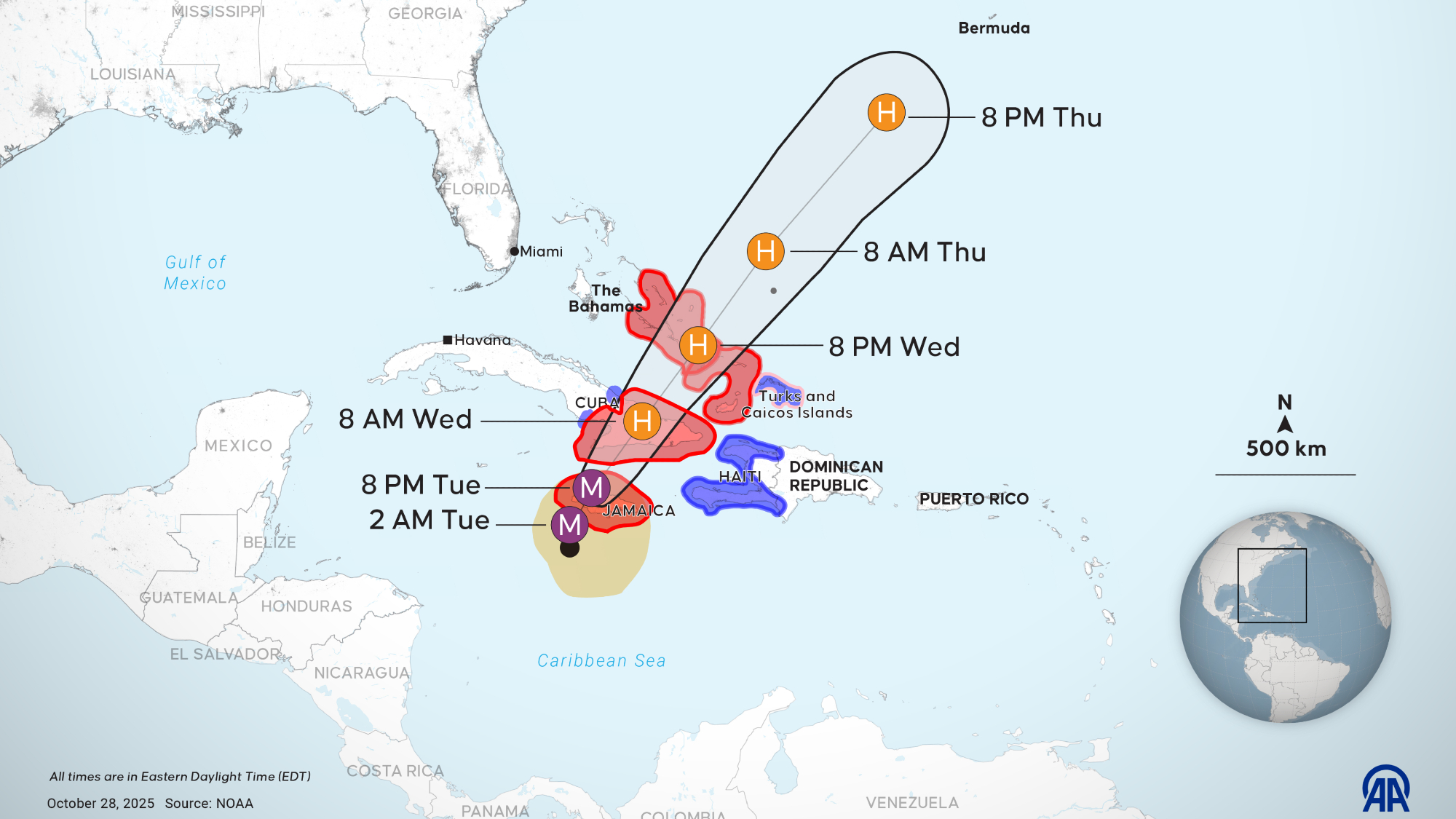 Hurricane Melissa slams Jamaica as Category 5 storm
Hurricane Melissa slams Jamaica as Category 5 stormSpeed Read The year’s most powerful storm is also expected to be the strongest ever recorded in Jamaica
-
 Renewables top coal as Trump seeks reversal
Renewables top coal as Trump seeks reversalSpeed Read For the first time, renewable energy sources generated more power than coal, said a new report
-
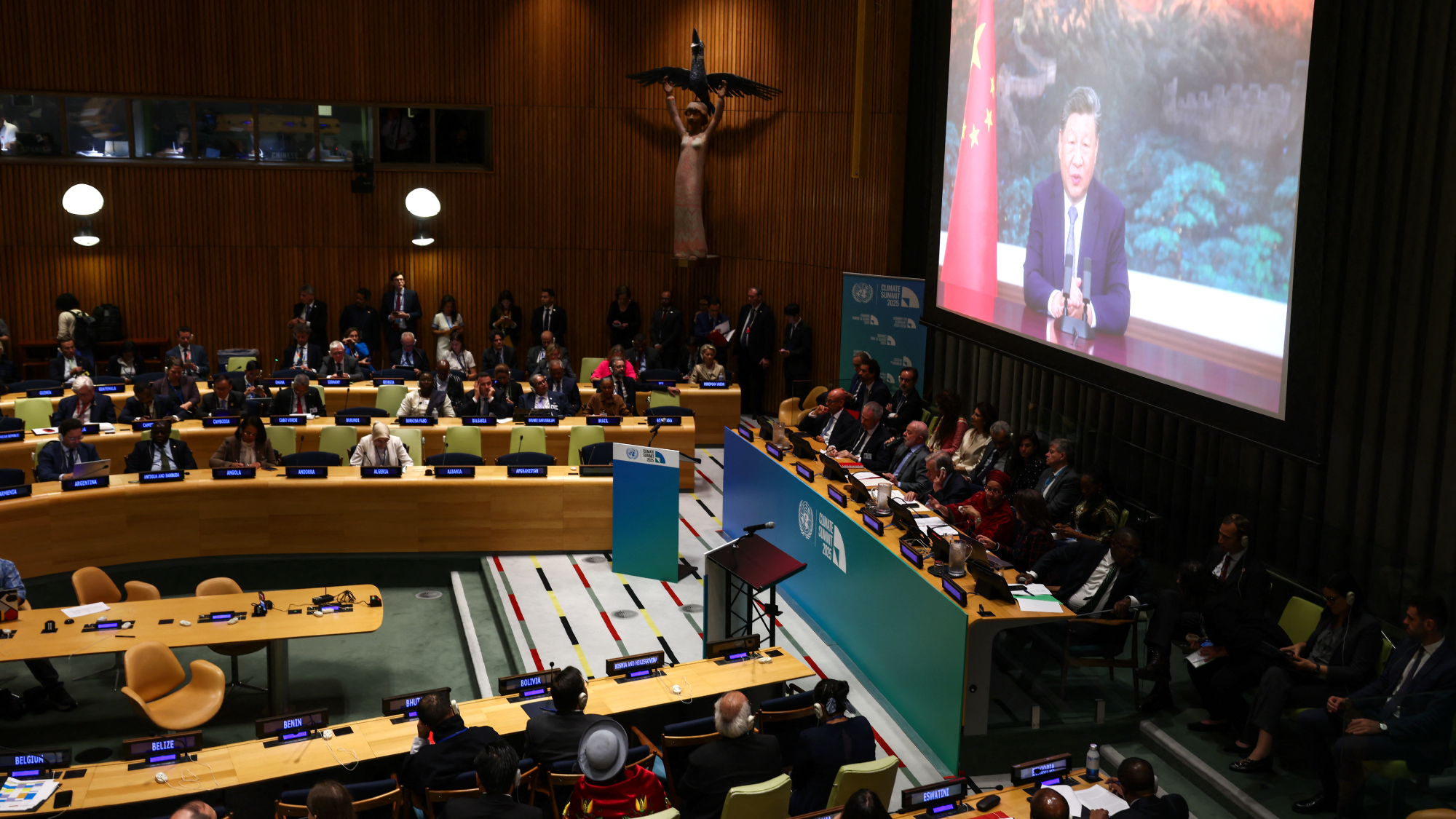 China vows first emissions cut, sidelining US
China vows first emissions cut, sidelining USSpeed Read The US, the world’s No. 2 emitter, did not attend the New York summit
-
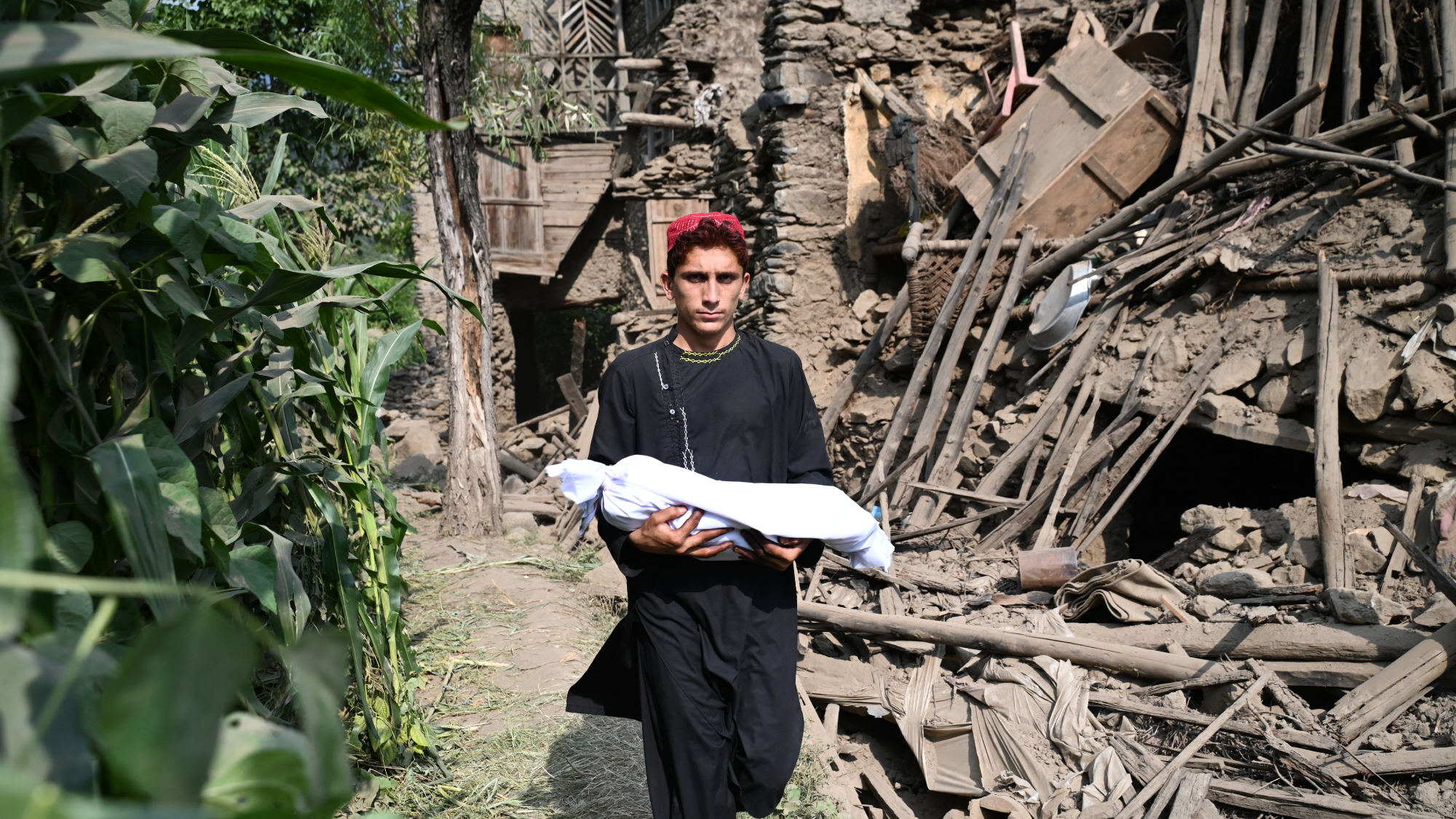 At least 800 dead in Afghanistan earthquake
At least 800 dead in Afghanistan earthquakespeed read A magnitude 6.0 earthquake hit a mountainous region of eastern Afghanistan
-
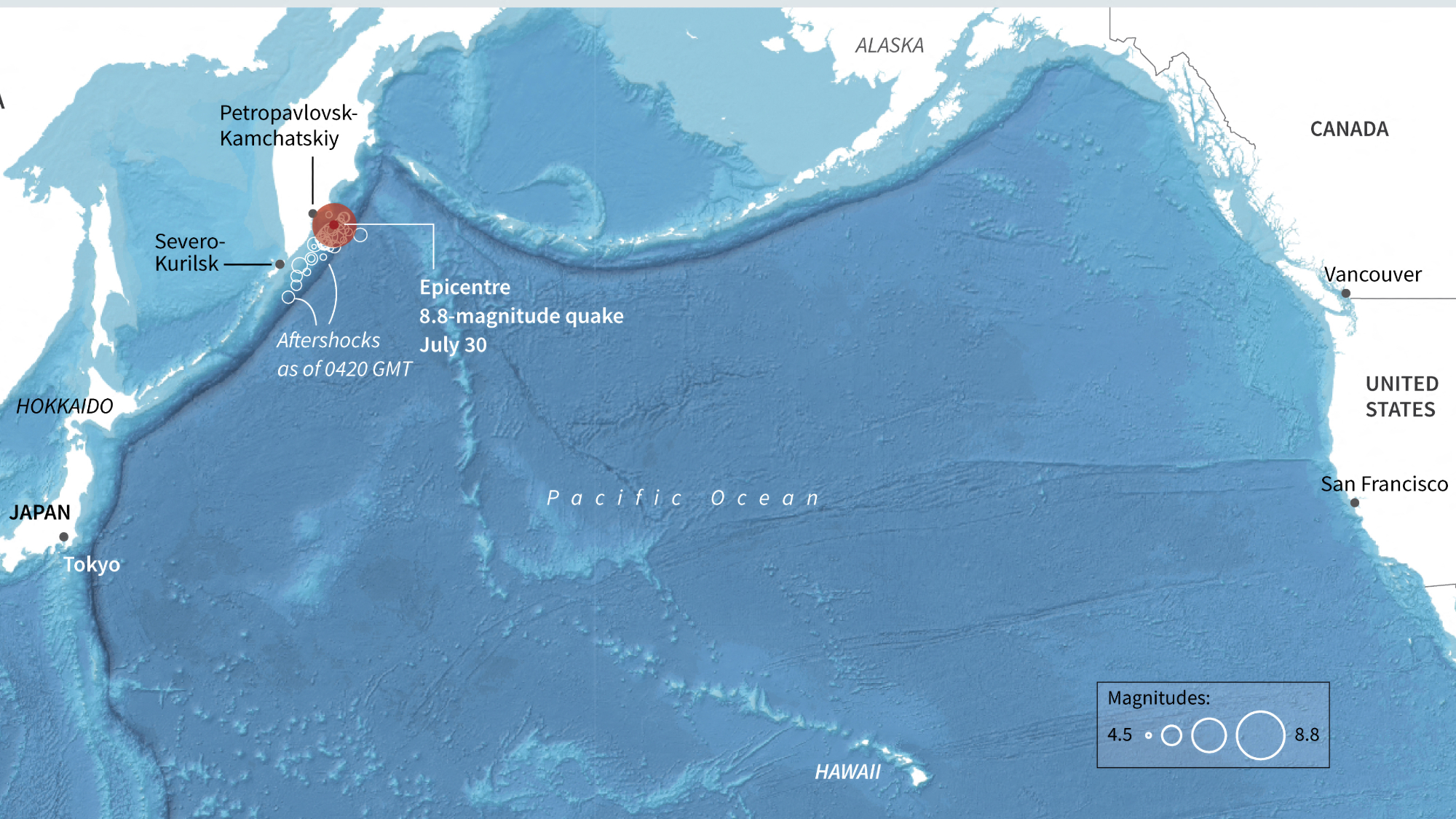 Massive earthquake sends tsunami across Pacific
Massive earthquake sends tsunami across PacificSpeed Read Hundreds of thousands of people in Japan and Hawaii were told to evacuate to higher ground
-
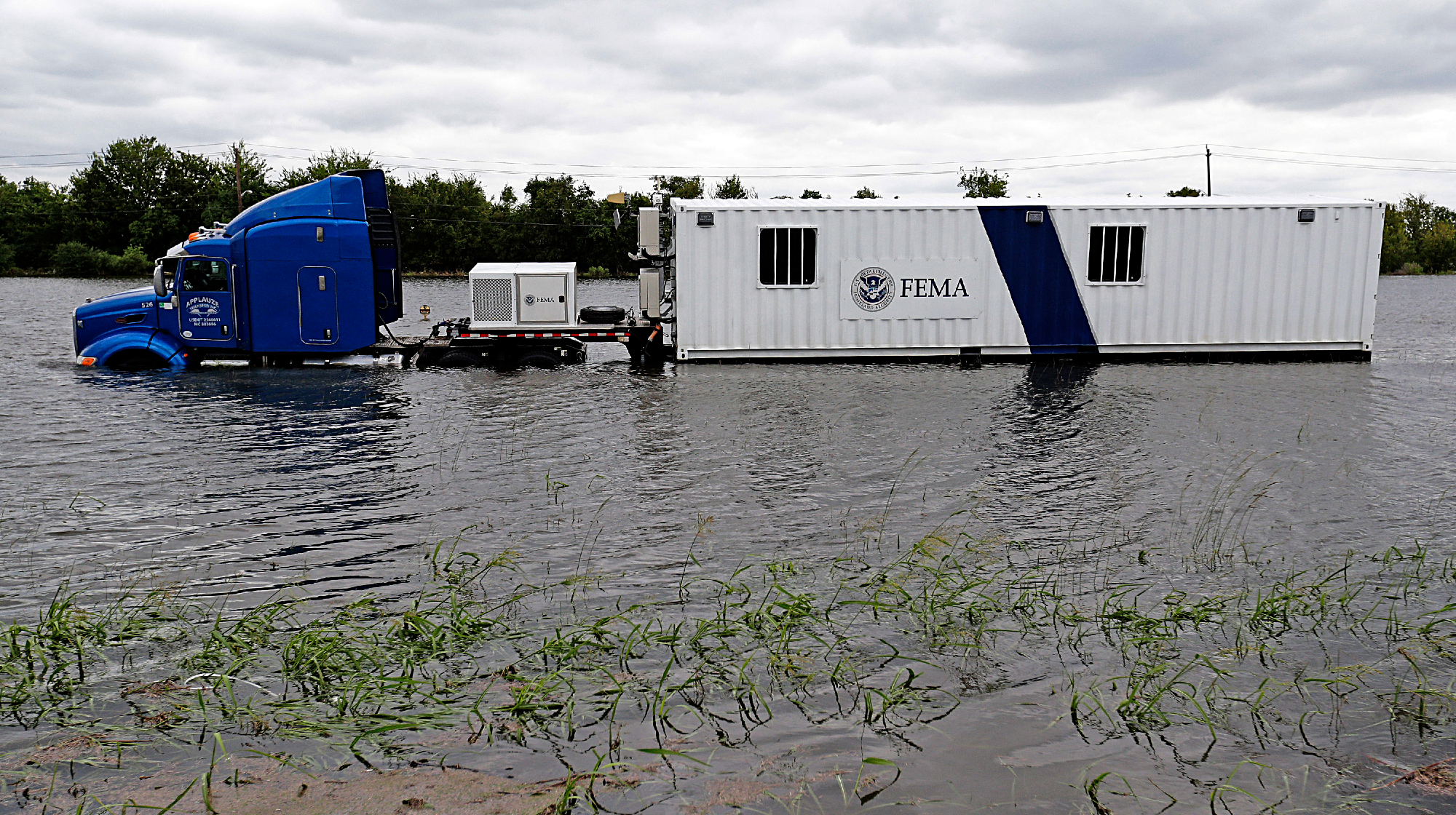 FEMA Urban Search and Rescue chief resigns
FEMA Urban Search and Rescue chief resignsSpeed Read Ken Pagurek has left the organization, citing 'chaos'
-
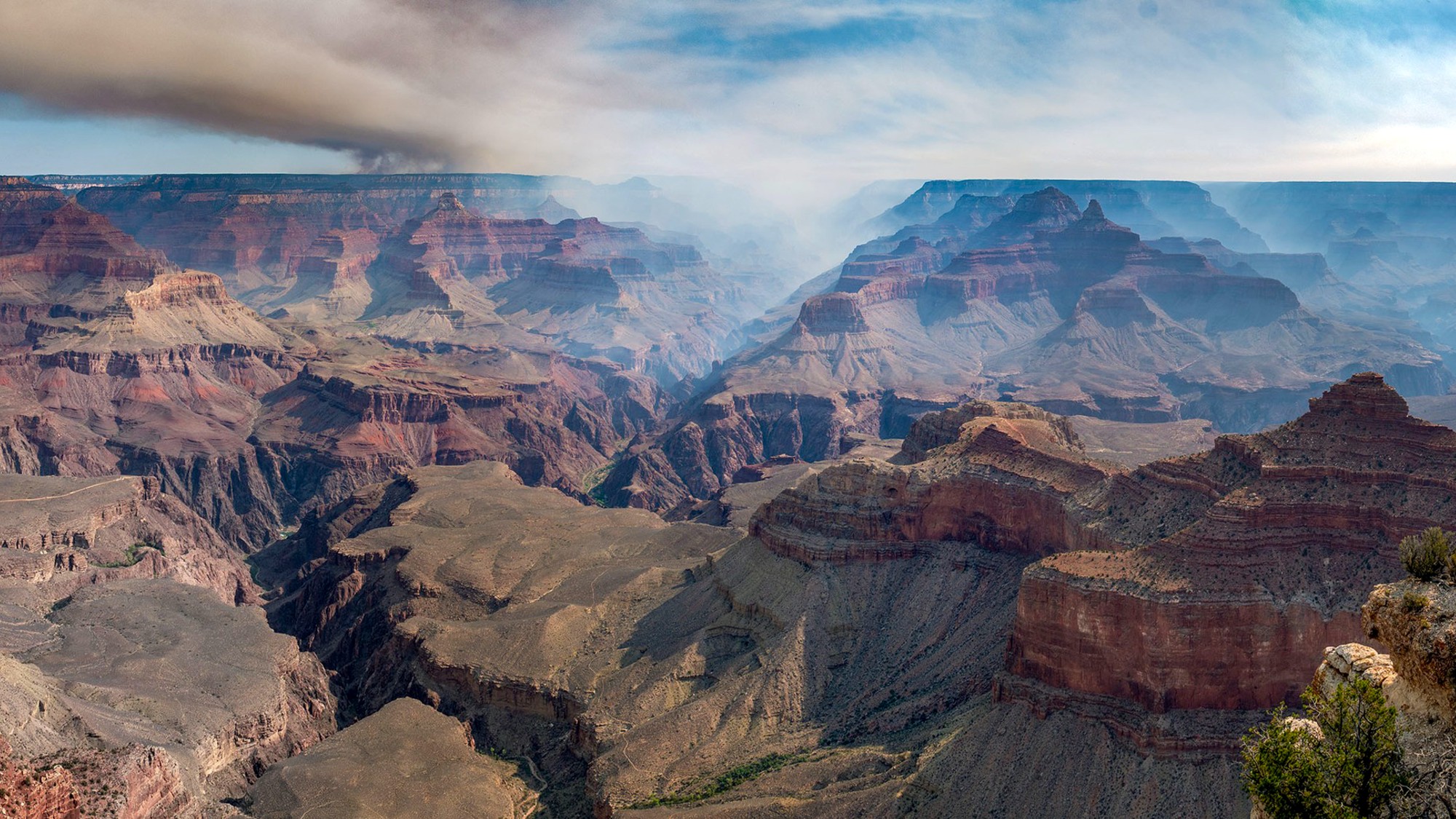 Wildfires destroy historic Grand Canyon lodge
Wildfires destroy historic Grand Canyon lodgeSpeed Read Dozens of structures on the North Rim have succumbed to the Dragon Bravo Fire
